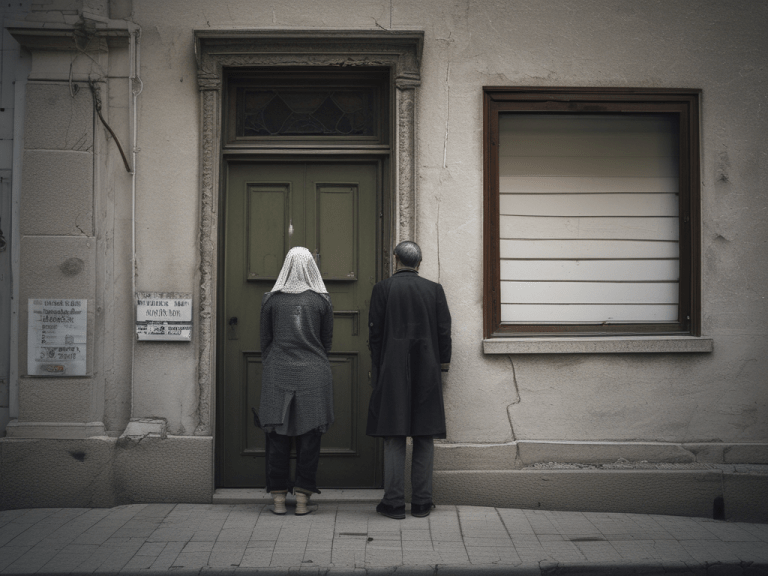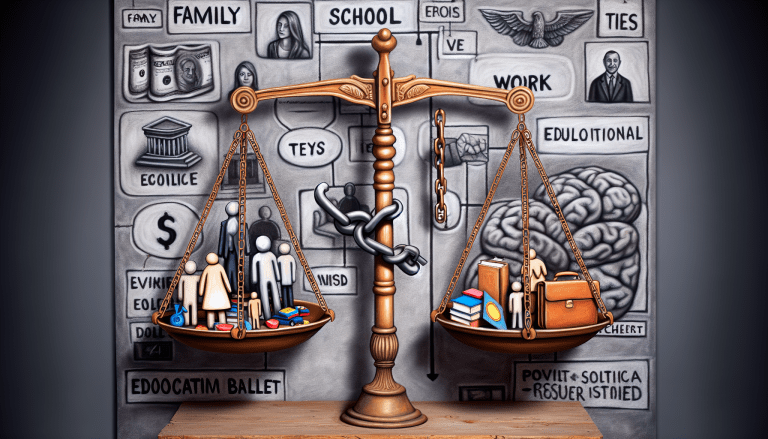Criminal behaviour is a complex phenomenon that has captured the interest of scholars and researchers for decades. One theory that has gained significant attention in the field of criminology is Rational Choice Theory. This theory posits that individuals engage in criminal behaviour after carefully weighing the costs and benefits of their actions.
According to Rational Choice Theory, individuals behave in a rational and self-interested manner, seeking to maximise their personal benefits while minimising their potential costs. In the context of criminal behaviour, individuals may choose to engage in illegal activities if they believe that the potential rewards outweigh the risks involved.
Criminal decision-making is influenced by a number of factors, including the perceived benefits of committing a crime, the perceived costs of getting caught, and the perceived likelihood of being caught and punished. For example, an individual may choose to engage in shoplifting if they believe that the potential rewards (such as obtaining valuable goods for free) outweigh the potential costs (such as the risk of being caught and facing legal consequences).
Rational Choice Theory suggests that individuals will engage in criminal behaviour when they believe that the benefits of doing so outweigh the potential costs. This theory also emphasises the importance of situational factors in shaping criminal decision-making. For example, individuals may be more likely to commit a crime if they are in a situation where they feel pressured or provoked, or if they perceive that the potential rewards are particularly high.
Understanding criminal decision-making through the lens of Rational Choice Theory can help criminologists and law enforcement officials develop more effective strategies for preventing and deterring criminal behaviour. By focusing on increasing the perceived costs and reducing the perceived benefits of engaging in criminal activities, policymakers can create environments that are less conducive to criminal behaviour.
In conclusion, Rational Choice Theory provides valuable insights into the complex process of criminal decision-making. By understanding the factors that influence individuals’ choices to engage in illegal activities, we can develop more effective strategies for preventing and addressing crime in our communities.











